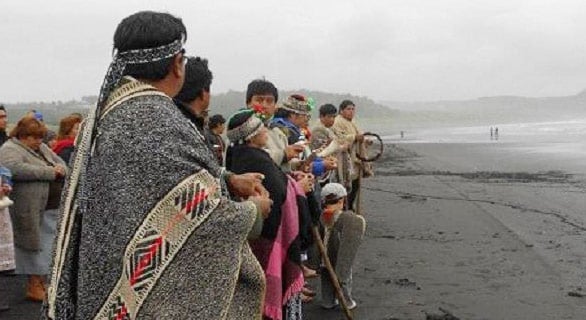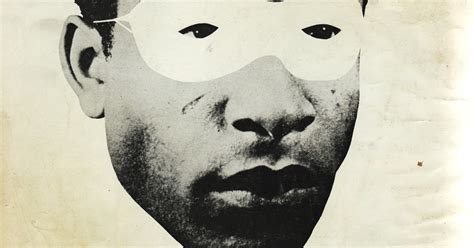In Chile, the Machupe people are an indigenous group that have been fighting off outsider invaders to their land and livelihood for years. The Lafchenke Machupe groups are a resistance group that use tactics like sabotage, arson, and violent resistance to push out the Chilean government, who they now see as invaders to their ancestral land, and protect their forests/land from destructive practices. Below, there is a statement the group released in which they take responsibility for sabotage and arson against corporations and government efforts.
colonization
The Weapon of Theory (1966)
1946-1989, Colonized, Date, Subjectives of RefusalAmilcar Cabral delivered this address at the first Tricontinental Conference of the Peoples of Asia, Africa and Latin America held in Havana in January, 1966. He discusses the foundations and objectives of national liberation in relation to social structures.
“We will not shout hurrahs or proclaim here our solidarity with this or that people in struggle. Our presence is in itself a cry of condemnation of imperialism and a proof of solidarity with all peoples who want to banish from their country the imperialist yoke, and in particular with the heroic people of Vietnam. But we firmly believe that the best proof we can give of our anti-imperialist position and of our active solidarity with our comrades in this common struggle is to return to our countries, to further develop this struggle and to remain faithful to the principles and objectives of national liberation.”
The So-Called Dependency Complex of Colonized Peoples by Frantz Fanon (1952)
1946-1989, Black, Colonized, Date, Defining the Enemy, History/Theory, Imperialism, Subjectives of Refusal, Subjects Redefined, The Bourgeoisie, Theory, White SupremacyThis excerpt is from Black Skin, White Masks, an autoethnography written by Frantz Fanon in 1952. Fanon shares his own experience while relating these experiences to a historical critique of racism and colonization.


